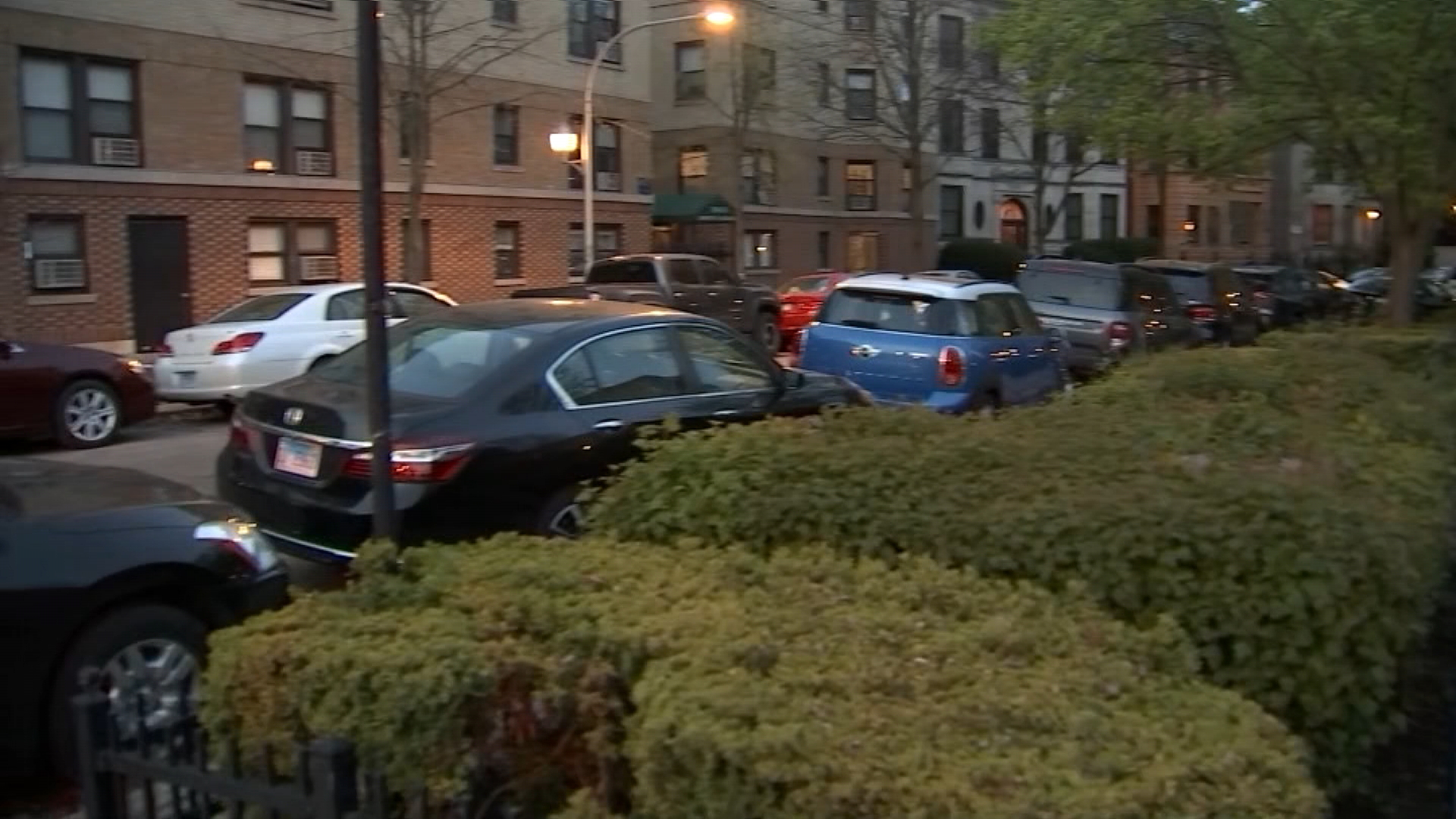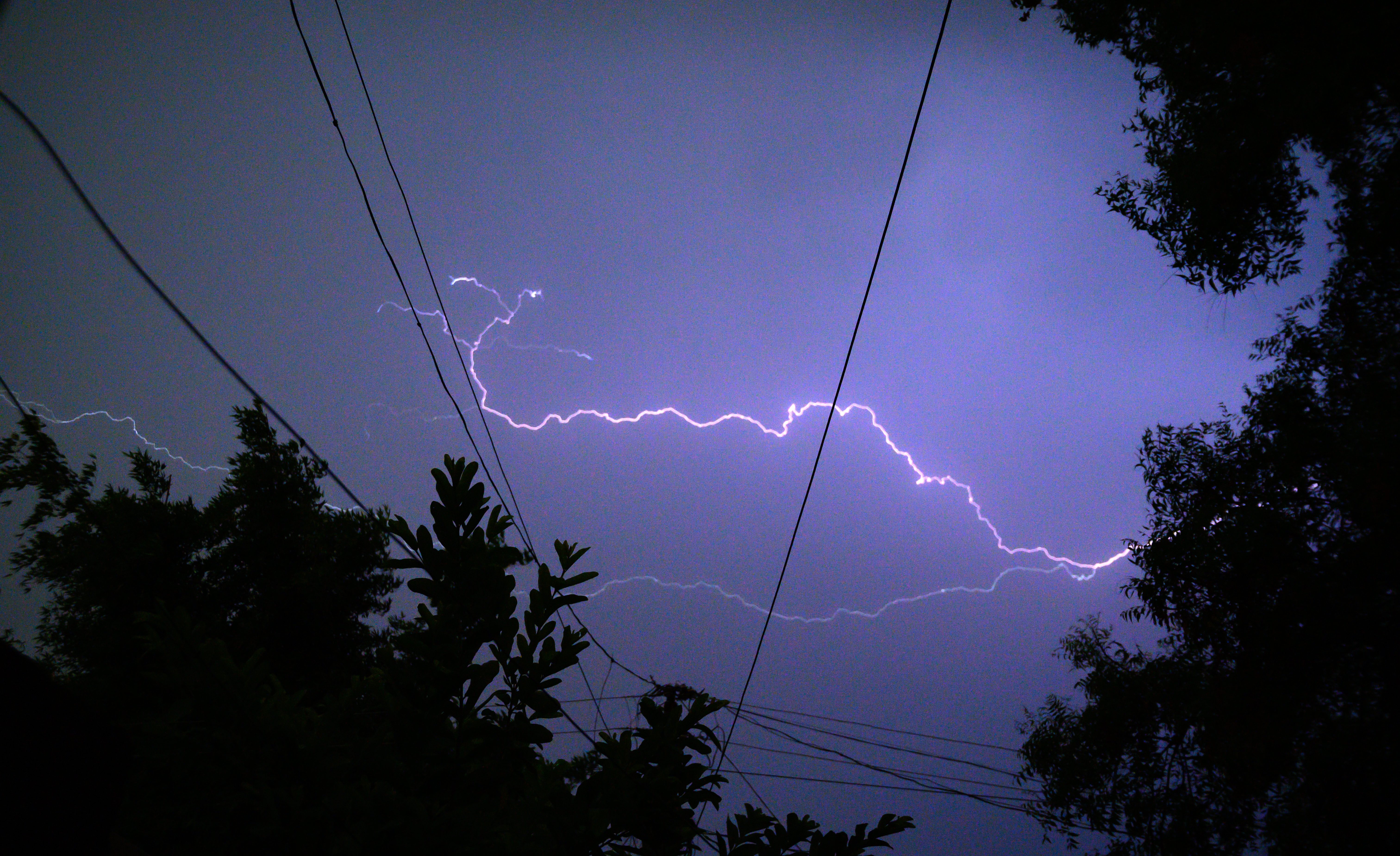Demand for abortions in Illinois is surging, and so are requests for help.
In the first three months of 2022, Chicago Abortion Fund (CAF) said 80% of its callers were from out of state.
"In 2018, we supported less than 200 people. Now, we hear from that many people in a week," said Megan Jeyifo, the executive director of CAF.
The non-profit organization provides financial and logistical support to people seeking abortion care in Illinois. Before Roe v. Wade was overturned, CAF's weekly budget was around $16,000. Since June, it's jumped to as high as $55,000. It's also gone from two full-time staff members to 11 in just the past year.
Feeling out of the loop? We'll catch you up on the Chicago news you need to know. Sign up for the weekly Chicago Catch-Up newsletter here.
"We have hired up, we've been scaling for the last couple of years, we're building our infrastructure because we know this is a long haul thing. This is not going to change overnight," said Jeyifo.
According to the latest available data from the Illinois Department of Public Health (IDPH), out-of-state abortions have been increasing for years, well before the Dobbs decision in June that allowed states to determine whether or not to allow access to abortion.
Patients coming from Illinois have tripled from 2015 to 2020. Most are coming from Missouri, followed by Indiana.
Local
Despite recent changes to abortion laws, Walker Gelbert, with Midwest Access Coalition (MAC), says barriers to care have always existed. MAC was founded in 2015 to fill a void in supportive services.
"The need for support for these associated practical costs have always been necessary," said Gelbert. "We help pay for their travel, lodging, food, childcare for existing children. Really any associated cost they would need having to travel out of state for an abortion."
MAC, which does not pay for abortion procedures, also serves mostly out-of-state patients and has tracked an enormous increase in costs.
In 2015, it served 30 clients, 800 in 2021, and so far in 2022, 1,233 clients. Only 120 of those people are from Illinois.
"$277,000 we spent in 2021 on practical support costs, non-staff related," said Gelbert. "In 2022, so far, we’ve spent $510,000."
Both Gelbert and Jeyifo say the overall need for financial and logistical support hasn't changed, but the sheer number of people traveling to Illinois has.
"People need to travel further because there are [fewer] states they can travel to," said Gelbert. "There’s not as many appointments, so people are having to wait longer. That alone just increases their cost of what they need."
"What you read in the news, we see it play out the next day on our hotline," said Jeyifo.
"People are going to have abortions. They've been having abortions since the dawn of humanity," she added. "It's our role to help people get what they need, to the healthcare they want need and deserve."



